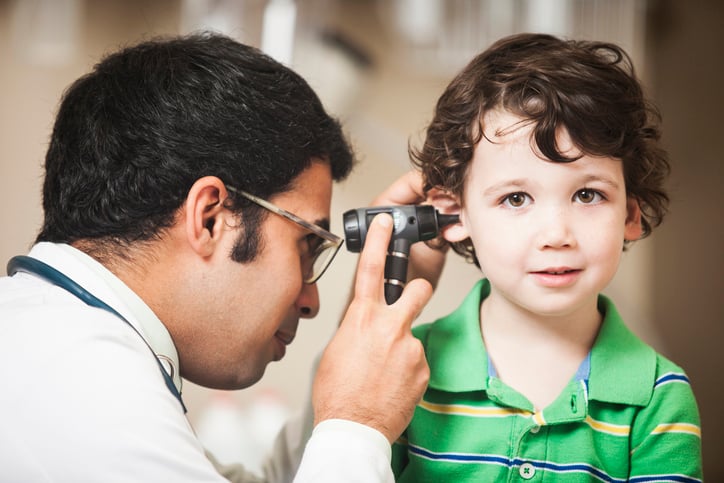Language delays in children can occur for many reasons including cerebral palsy, intellectual disabilities, or autism. If a child has a language delay ruling out hearing loss is an important first step, because if there is some deficit in hearing it needs to be addressed quickly to mitigate the impact it can have on a child’s development.
How to Rule out Hearing Loss
Hearing problems are thought to be three times as common in autistic children, so it is important to make an accurate diagnosis of either autism, hearing loss, or both in order to provide the child with the most beneficial treatment. It is not uncommon for parents and pediatricians to seize on one diagnosis for language delays -- that it is just autism or that it is just hearing loss -- and years later they come to understand that both were accounting for a child’s language delays and related issues.
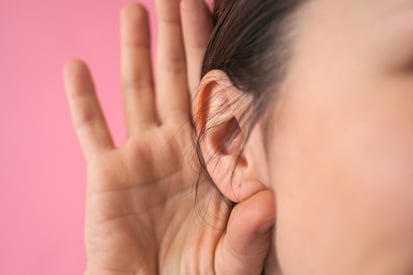 All children born in hospitals are given a newborn hearing screening, but that is not a guarantee that the child does not have some hearing loss or might develop hearing loss after birth. Hearing loss is difficult to detect in young children, as it is often not an all-or-nothing condition. Hearing loss can affect some sounds and not others, and a child who turns their head and responds to their name or even hears quiet background sounds may still not hear specific sounds clearly. Even minor hearing loss can significantly impact speech and language development.
All children born in hospitals are given a newborn hearing screening, but that is not a guarantee that the child does not have some hearing loss or might develop hearing loss after birth. Hearing loss is difficult to detect in young children, as it is often not an all-or-nothing condition. Hearing loss can affect some sounds and not others, and a child who turns their head and responds to their name or even hears quiet background sounds may still not hear specific sounds clearly. Even minor hearing loss can significantly impact speech and language development.
If you suspect your child or student has hearing loss, the first step is to have a hearing screening performed by a pediatrician. If that screening raises concerns, the next step is to get a professional assessment from an audiologist.
Some children are at risk of developing hearing loss and should be monitored more closely. Almost half of hearing loss for babies relates to genetic factors such as family history or specific syndromes such as Down syndrome. Maternal infections during pregnancy or complications after birth account for about 25% of cases of hearing loss in young children. For the remaining 25% of children, the cause of hearing loss is unknown.
If you have any concerns about your child’s hearing you should consult a pediatrician as soon as possible. The National Institute on Deafness and Other Communication Disorders has developed a simple checklist of developmental milestones children should achieve by certain ages. These milestones indicate when “most children” master these skills. Missing one skill in these age ranges does not mean a problem exists, but if more than a few of these milestones are not occurring it is worth a visit to a pediatrician to address any concerns.
For help finding a pediatric audiologist see: Early Hearing Detection & Intervention Pediatric Audiology Links to Services.
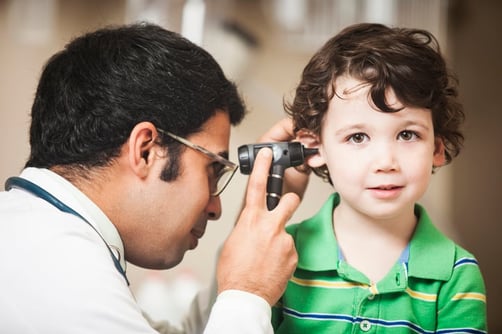
Hearing and Communication Checklist for Your Child by Age
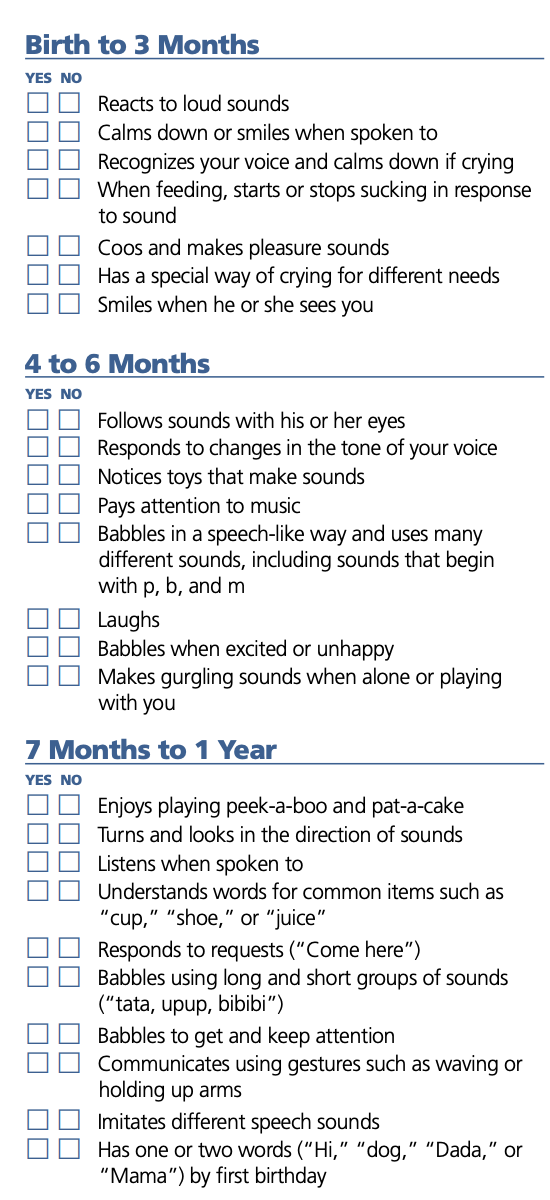
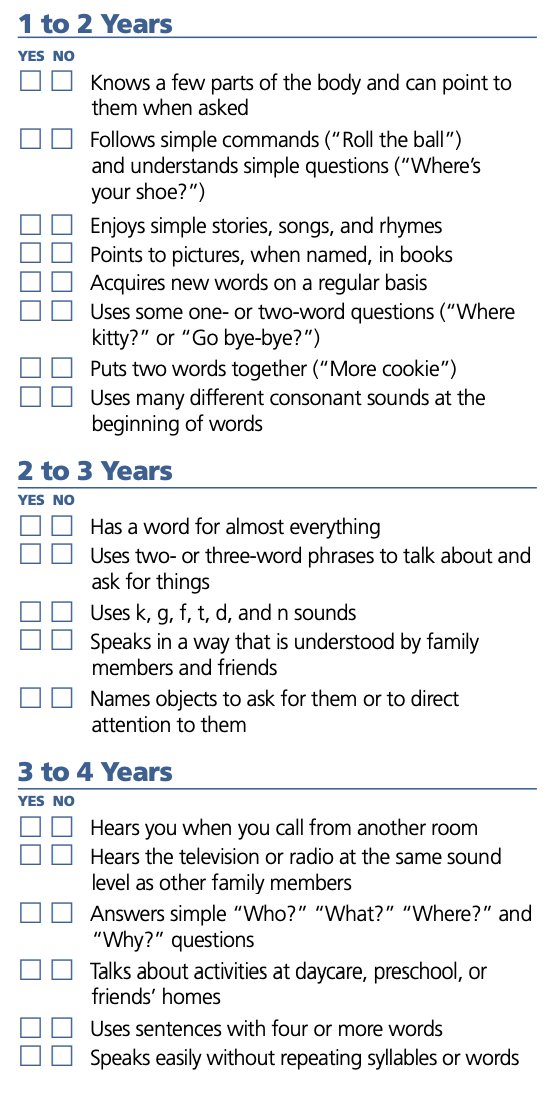
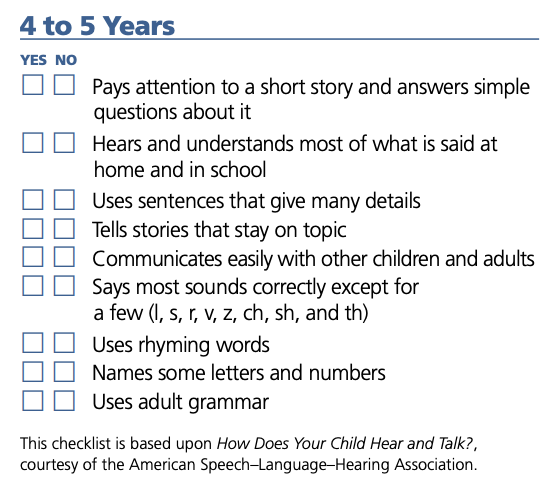
Source: National Institute on Deafness and Other Hearing Disorders (NIDCD)
Please share your experiences if you have an autistic child with hearing loss. What helped you overcome the challenges? Were there any resources that you found especially useful?
We hope you enjoyed the information in this article. STAGES® Learning also offers free downloadable resources to support teaching and learning with autistic individuals. Start with our free Picture Noun Cards and see our collection of other downloadable resources here!
